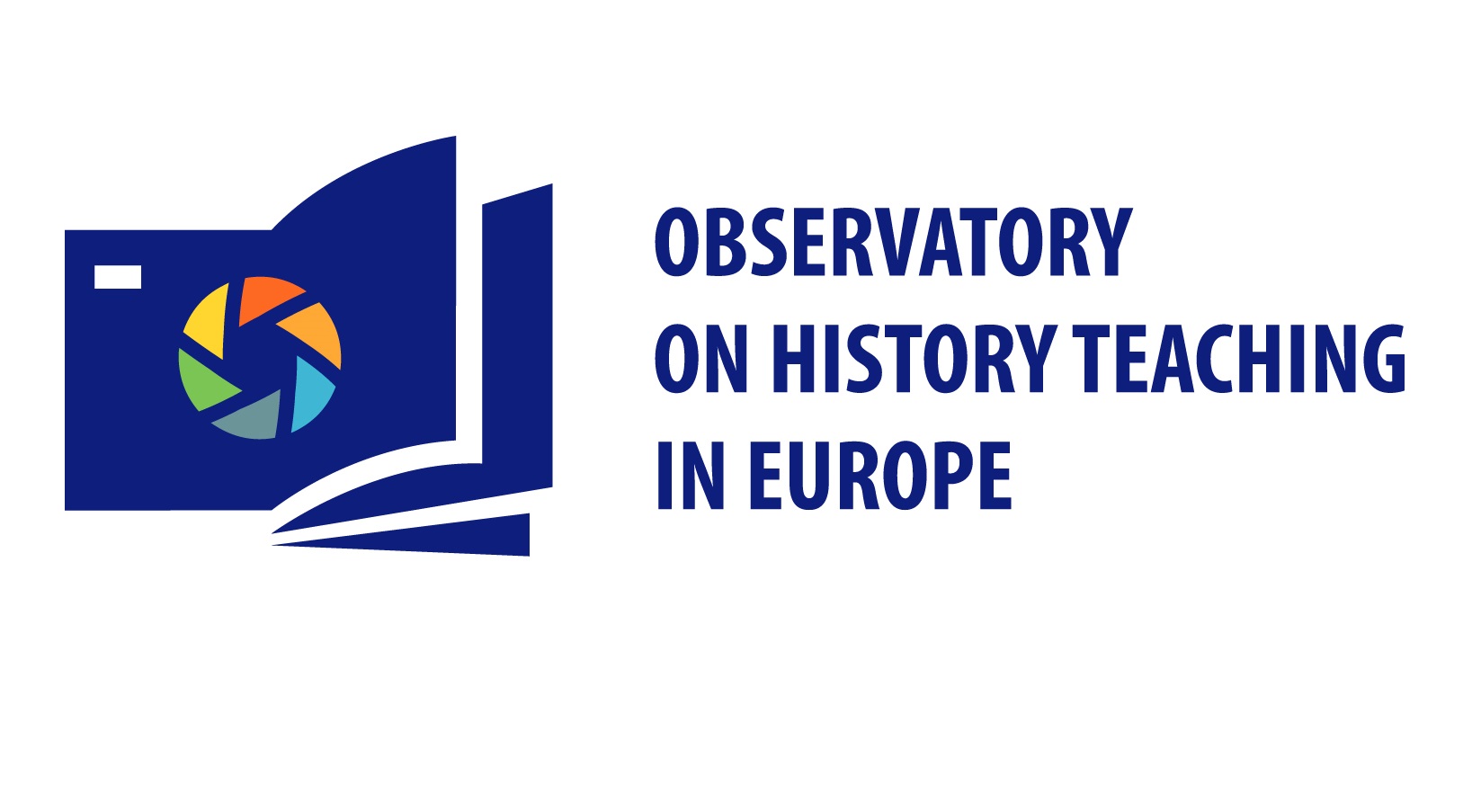Portugal
STRUCTURE OF THE NATIONAL EDUCATION SYSTEM

Source: Eurydice 2022/23
Since the Portuguese Education Act of 1986, the education system has been governed by laws promulgated by the Ministry of Education. Primary and secondary education (ages 6-18) are compulsory, universal and free to all students. In 2009 compulsory schooling, covering elementary education (ages 6-14) and secondary education (ages 15-18), was extended to the age of 18. The educational system in Portugal is centralised, with the exceptions of the archipelagos of Madeira and the Azores, which are autonomous regions and can therefore adapt their curricula, although they essentially follow the national curriculum. International schools are considered independent schools and are linked to the curricula and education organisation of the country of reference.*
For more information on the national education system in Portugal, please visit:
*OHTE Thematic report on "Pandemics and natural disasters as reflected in history teaching"
HISTORY IN SCHOOL
Data are currently being collected for the OHTE general report.
This section will host information on the space and time provided to ‘History’ as a subject matter within the three main levels of education (primary, lower secondary and upper secondary). It will also provide insights on the relationship between history and other school subjects.
HISTORY CURRICULUM
Data are currently being collected for the OHTE general report.
History is not a separate subject before the third cycle of basic education. In the first cycle it is included in the area of environment study (year 4). In the second cycle of basic education, history is associated with geography in the subject “History and geography of Portugal”. After the third cycle, in secondary education (ensino secundário), history is compulsory only for students who follow languages and humanities courses, with “History A” as a triennial subject (years 10-12). For students following socio-economic sciences and visual arts courses, history is optional and biannual (years 10 and 11), as “History B” and “History of culture and arts”, respectively. Recently, in 2019, the subject of “History, cultures and democracy” has been established as an option available in secondary schools to year 12 students. The last reform of the national curriculum, in 2017-18, reinforced autonomy and flexibility within schools’ curricula organisation. With that aim, different documents were approved: “Students’
profile by the end of compulsory schooling” (2017), “National strategy for citizenship education” (2017) and “Essential learnings” (2018) for each subject and year of schooling.
The curriculum guidance documents for each subject, “Essential learnings” are based on the planning, implementation and evaluation of teaching and learning, and aim to promote the development of the areas of competences included in the “Students’ profile by the end of compulsory schooling”. Schools and teachers have autonomy and flexibility: Decree-Law 55/2018 provided schools with up to 25% of curriculum autonomy so as to meet their specific needs by fostering pedagogical differentiation in the classroom, developing interdisciplinary project-based methodologies, creating new subjects and allowing upper secondary students to choose their own course format. It should be noted that schools have the autonomy to proceed to integrated knowledge management, and a theme can be addressed in several subjects by the pedagogical team or by some elements of that team in the context of
project work or collaborative work among teachers. In this context, themes related to regional and local history can be addressed. Schools and teachers can manage the main curriculum and take pedagogy decisions. They for instance can have greater flexibility in curriculum management, which aims to foster interdisciplinary work in order to deepen, strengthen and enrich the "Essential learnings" by subject and year of schooling.*
Curricula workstation by GEI (History curricula search by country)
*OHTE Thematic report on "Pandemics and natural disasters as reflected in history teaching"
LEARNING OUTCOMES AND ASSESSMENT
Data are currently being collected for the OHTE general report.
This section will contain information on the learning outcomes set for history lessons within the different levels of education and on the methods of testing and assessment used in history examinations.
EDUCATIONAL RESOURCES AND PEDAGOGY USED IN THE HISTORY CLASSROOM
Data are currently being collected for the OHTE general report.
This section will host data on the study material and teaching practices used for history teaching within the different levels of education.
International TextbookCat (GEI collection of Textbooks and Educational Media)
HISTORY TEACHERS
Data are currently being collected for the OHTE general report.
This section will provide an overview of the number of history teachers within the different levels of education, as well as relevant information on teachers’ initial training and in-service training available to them.
Portuguese History Teachers’ Association (official website)
THEMATIC DATA
The Observatory on History Teaching in Europe also provides thematic studies on given topics.
2022: Pandemics and natural disasters as reflected in history teaching



